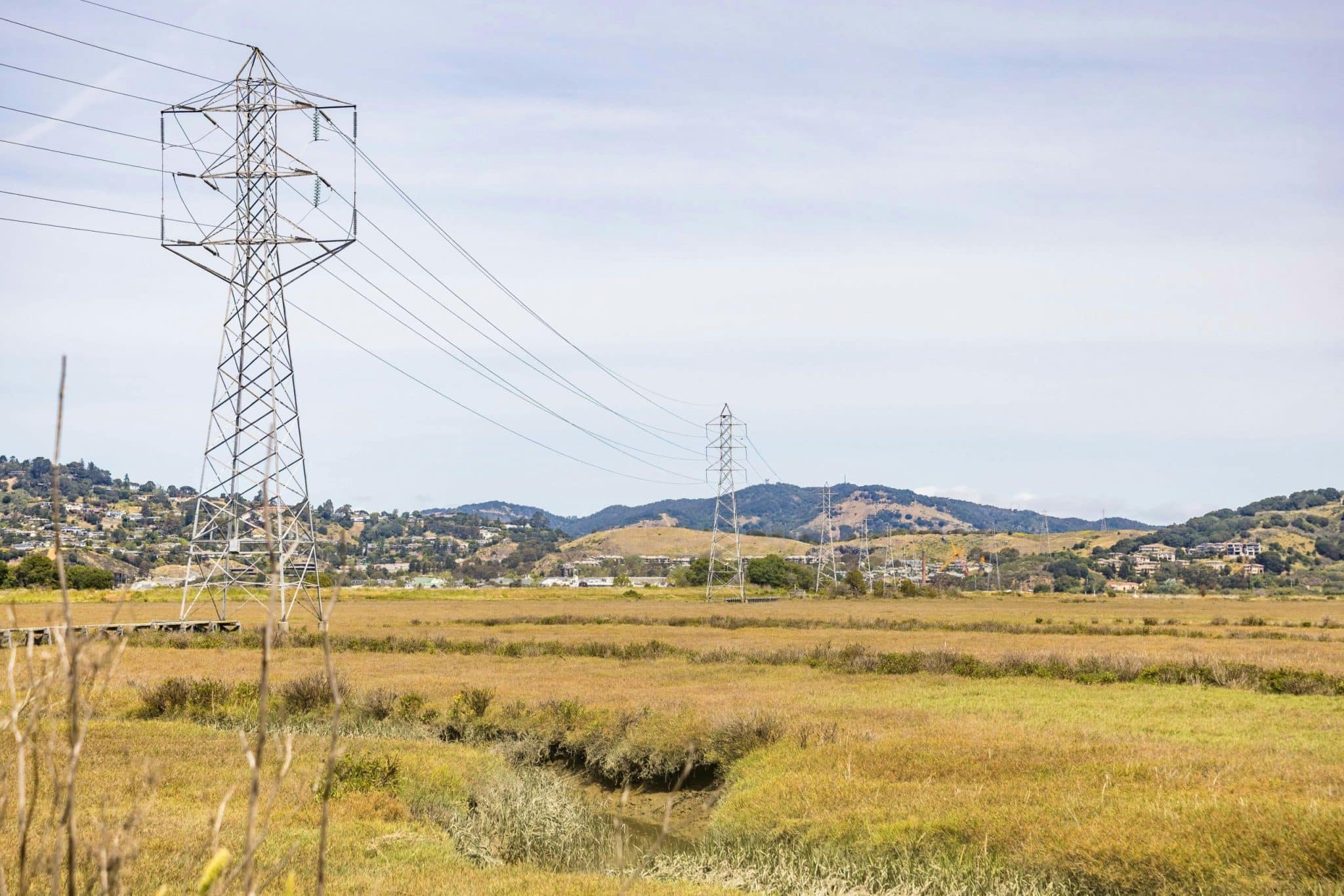Rural EV Adoption: Solar Chargers Powering Off-Grid Communities
The world has been shifting towards cleaner and more sustainable energy sources, and the transportation sector is not an exception. With the growing concern for the environmental impact of traditional fossil fuel-powered vehicles, more and more people are looking towards electric vehicles (EVs) as an alternative. However, the adoption of EVs in rural areas has been a significant challenge due to limited access to charging infrastructure. This is where solar-powered chargers come into play, providing off-grid communities with a sustainable and efficient way to power their EVs. In this article, we will delve into the concept of rural EV adoption and how solar chargers are making it possible for off-grid communities to reap the benefits of clean energy transportation.
Rural Areas: The Untapped Market for EVs
While EVs have gained popularity in urban areas, their adoption in rural areas has been slow. This is mainly due to the lack of charging infrastructure in these areas. Most EV owners in rural communities rely on home charging or have to travel long distances to access public charging stations. This makes it impractical for them to fully embrace EVs as their primary mode of transportation, especially in areas where there is limited access to traditional power sources.
The Limitations of Traditional Charging Infrastructure
The existing charging infrastructure is designed to serve the needs of urban areas, where there is a high concentration of EVs. As a result, rural areas are often overlooked, leaving EV owners in these areas with limited options when it comes to charging their vehicles. This not only creates a barrier to the adoption of EVs but also limits the mobility of those who have already made the switch.
Moreover, rural areas often have limited access to traditional power sources, making it challenging to install charging stations. This means that even if EV owners in these areas are willing to invest in home charging, they may not have the resources or the infrastructure to support it.
Solar Chargers: Harnessing the Power of the Sun
Solar-powered chargers have emerged as a sustainable and cost-effective solution to the challenges faced by rural areas when it comes to EV adoption. By harnessing the power of the sun, these charging stations can provide off-grid communities with a reliable and efficient source of power for their EVs.
The Advantages of Solar-Powered Chargers
Solar chargers offer several benefits for off-grid communities looking to adopt EVs. The most significant advantage is, of course, the use of clean and renewable energy. Unlike traditional charging stations that rely on fossil fuels, solar chargers have zero emissions, making them an eco-friendly alternative. They also help reduce the carbon footprint of EVs, which is crucial in the fight against climate change.
Another advantage of solar-powered chargers is their independence from the power grid. This makes them an ideal option for rural communities with limited access to traditional power sources. Solar chargers can operate even in remote locations, where traditional power lines may not reach. This means that EV owners in these areas no longer have to travel long distances to find a charging station.
The Impact of Solar-Powered Chargers on Rural Communities
The integration of solar-powered chargers in off-grid communities not only benefits individual EV owners, but it also has a more significant impact on the community as a whole. By promoting the use of EVs, these communities can reduce their reliance on traditional fossil fuels and decrease their carbon footprint. This is particularly crucial in areas where air pollution from vehicles is a prevalent problem.
In addition, the use of solar-powered chargers can also stimulate economic growth in rural areas. As more people switch to EVs, there will be a growing demand for charging infrastructure. This creates opportunities for local businesses to invest in the installation and maintenance of charging stations, providing job opportunities for the community.
The Future of EV Adoption in Rural Areas
The use of solar-powered chargers is a game-changer for rural areas when it comes to EV adoption. With the rising awareness of the benefits of clean energy transportation, more and more off-grid communities are embracing EVs. As the technology continues to develop, and the cost of EVs and solar panels decreases, we can expect to see a significant increase in the number of EVs in rural areas. With solar chargers powering communities off the grid, the future of rural EV adoption is looking brighter than ever.
In conclusion, the integration of solar-powered chargers is not only making EVs accessible to off-grid communities but also driving the shift towards sustainable and clean energy transportation. As the world moves towards a more environmentally friendly future, it is essential to prioritize the needs of all communities, including those in rural areas. With solar chargers leading the way, rural EV adoption is on the rise, paving the way for a greener tomorrow.










